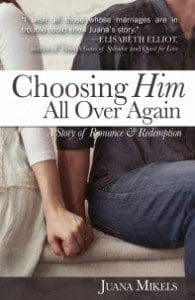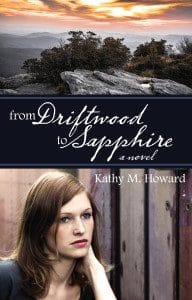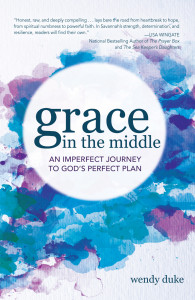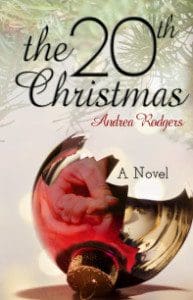This is the third of a multi-part series by guest blogger Ivy Cheng tapping into the expertise of several seasoned Ambassador authors. The first post offered tips on dealing with writer’s block. The second post covered the influence other writers can have on your work.
As a college student, I know all too well the struggles of time management. Juggling an internship, part-time job, classes, and still trying to find time to see friends seems like an impossible task. I cannot even imagine trying to find the time to write a full length book, when I am struggling to write all my class papers! Our authors must have schedules that are just as intense, if not even more! Not all of our authors are full time writers. Many of them hold other occupations, such as teachers and parents. Therefore, we ask some of our authors their methods of fitting in writing in their busy lives.
Juana M ikels – Author of Choosing Him All Over Again
ikels – Author of Choosing Him All Over Again
I wrote over half of my book, possibly more, while our household was asleep. I would begin at 10:00 pm and end somewhere around 2:00 am. The time passed as if it were just minutes. I had to make myself go to bed so I could still do my responsibilities with my family of six. Once the book was written (took about a year and a half), I edited it primarily in the daytime a couple hours at the time. To do that, I had to turn off email and my phone to “carve out the time.” I had to say no to speaking opportunities (I didn’t get that many, but I couldn’t lead a Bible study or even a small group as a facilitator!) I had to keep carving out the time to edit, which took months. I like to think that I pulled it off without my family even noticing what I was doing by doing it at night and editing it in chunks of one hour here and two hours there—but I hate to tell you that they were rather tired of hearing about my “finishing the book” in the end!
 Kathy Howard – Author of From Dishes to Snow and From Driftwood to Sapphire
Kathy Howard – Author of From Dishes to Snow and From Driftwood to Sapphire
Writing is not full-time for me, not yet anyway. If the Lord is willing, I would love to make it my full-time job eventually. For now, though, I fill my days homeschooling my children and writing in between. From Dishes to Snow was written mainly at night, after the kids went to bed. However, its sequel, From Driftwood to Sapphire was written like a full time job, during the days, barricaded in my room for over a month as my family patiently endured a messy house. That was probably easier to do as a writer, but harder to do as a mother. Now that we are on summer break, I hope to find a happy medium as I put the finishing touches on a third novel.
 Wendy Duke – Author of Grace in the Middle
Wendy Duke – Author of Grace in the Middle
I work in spurts. During the summer, I am mostly home with my kids, so writing time is scarce, but I want them to see me working hard, so I try to get up earlier than they do and write in the mornings. When they’re in school, my job working in sports ministry is flexible, so I usually take a day a week and spend all day writing / editing.
An drea Rodgers –Author of The 20th Christmas
drea Rodgers –Author of The 20th Christmas
I’m a stay at home mom to two children, which means I never had a break until my son started school! My daughter is in pre-school two days a week so, during the school year, those are the days I write. Thankfully, my husband is also supportive, so when I’ve been on deadline he will take the children away from the house in the evenings to do fun activities with them while I write.
How do you manage your busy schedule? Go and comment on our Facebook page and tell us all about it!





